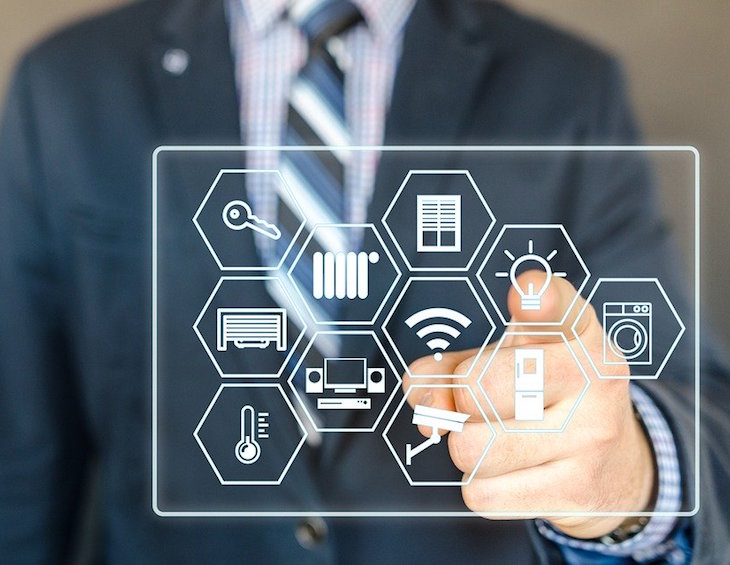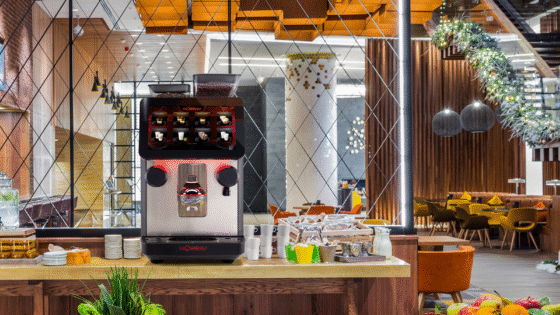With technology being a catalyst in the competitive arena of hospitality, hoteliers are focusing on offering guests a unique experience that attracts them toward their services. The hotel industry has changed over the years, explains STAAH…
Smart technology is changing everything from the homes we live in to how our cities are managed. The hospitality industry is no exception. In many ways, the hospitality industry is leading the charge in the adoption of smart business technology.

From operations to guest experience to marketing, smart hotel technology offers a variety of cost savings and revenue opportunities, and it is enabling hotel owners to reach new levels of profitability. Here are some ways in which smart technology is reshaping how hoteliers operate.
Self check-in
Today, the guest does not want to wait at the reception desk, and they are expecting everything digital in your hotel. However, self-check-in service by a mobile app is the best solution for customers as well as hotel management staff.
Also, with this, the guests can easily find out whether their room is ready, can make requests for amenities and many more.
Mobile room keys
A smartphone app that provides guest room access, eliminates the problem of attendees losing their key card or the environmental impact of countless plastic cards. This could help your corporate social responsibility image. It’s a win-win!
3) Reserved Parking
Smart sensors and hotel apps will allow guests to not only reserve parking spots ahead of their visits, but to also have their spot assigned at their arrival. This will give your guests an effortless experience from the minute they pull up.
4) Online Reputation Management
A hotel’s online ratings can not only help predict future bookings, but they offer owners valuable insight into how well a property delivered on guest expectations. Therefore, operators will continue to invest in platforms such as STAAH’s review minder, that help them monitor online reviews, manage their online reputation and use that feedback to improve both their operational and guest experience standards.
5) Room service
Hotels will be able to push menu notifications to guests’ smartphones when they are in their rooms using smart occupancy sensors. They can also schedule texts tailored to fit their preferred ordering times, including personalised menu suggestions based on previous orders.
Other smart technologies such as customer surveys, smart loyalty-program management and smart hotel management will play a bigger role in how hotels operate in 2020 and beyond. The key to smarter hotel operations is implementing the right technologies that meet guests’ expectations and hoteliers’ needs to get to know these travelers better.
STAAH is one of our recommended suppliers. To keep up to date with their news, click here. And, if you are interested in becoming one of our recommended suppliers, please email Katy Phillips by clicking here.
Main image credit: Pixabay




